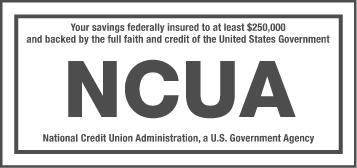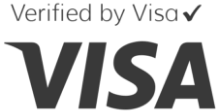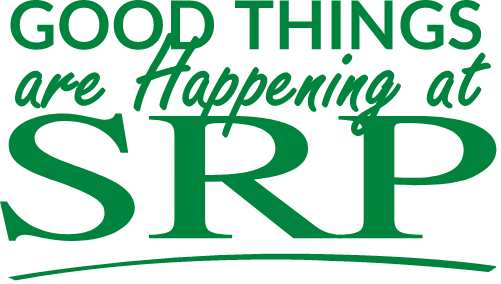Beneficial Ownership Reporting
New Beneficial Reporting Requirements
In 2021, Congress passed the Corporate Transparency Act (CTA). This law creates a new beneficial ownership information reporting requirement as part of the US Government’s efforts to fight financial crimes. The CTA, which took effect on January 1, 2024, requires businesses to report information about their beneficial owners (BOI).
File your business and monitor updates from FinCEN at Beneficial Ownership Information Reporting | FinCEN.gov
For additional information, visit: Beneficial Ownership Information | FinCEN.gov
Why is the Federal Government collecting data?
As part of the Anti-Money Laundering Act, the Corporate Transparency Act has given authorization to the Financial Crimes Enforcement Network (FinCEN) to collect identifying information from certain types of businesses in the United States. The purpose of submitting BOI directly at the federal level is to help the government fight financial crime by limiting the opportunities for individuals seeking to perform illegal activity using illicit or shell businesses.
What is Beneficial Ownership Information (BOI)?
BOI is the identifying details about individuals who directly or indirectly own at least 25% of a company/business. Direct or indirect ownership can also refer to shares of stock or equity in a company/business. Individuals who control an organization - via substantial control, as an example - are also required to report their influence in the business. Substantial control includes individuals who influence or direct important decisions, including senior level officers.
What information is reported?
Reporting Company Details
- Entity's legal name
- Any "doing business as" (DBA) information
- Federal Taxpayer Identification Number (TIN)
- Primary street address of business
- State of formation
- BOI filing type: initial submission, update, or correction of filing
Individual Owner Details
- Owner name(s)
- Date(s) of birth
- Residential or business address
- ID Number from Identification Document (Ex: Driver's License, Passport, State ID, etc.)
- Scanned copy of ID document
What if I have already filed - do I need to re-file?
- BOI reports will require an update when there is a change in ownership, a change in controlling party, a change in previously reported information, or when there is an inaccuracy discovered.
- Updated reports are due within 30 calendar days after a change in ownership or controlling party, and corrected reports are due within 30 calendar days after the company becomes aware of an error.
Who is required to file BOI?
- Domestic corporations
- Domestic limited liability companies (LLC)
- A corporation or LLC formed in a foreign country and registered to do business in any U.S. state.
Who is exempt from filing?
- Companies earning over $5M in gross receipts based on a filed tax return, with an operating presence in the U.S., and with at least 20 full-time employees
- Publicly traded companies
- U.S. government authorities and regulated public entities/utilities
- Certain tax-exempt entities such as churches, nonprofit organizations, and charities
- Inactive entities are exempt from filing
- Certain types of financial institutions and money services businesses including: banks, credit unions, depository holding companies, account firms, investment companies, securities brokers and dealers, venture capital fund advisors, security exchanges or clearing agencies, and Commodity Exchange Act registered entities.
Consult with your CPA or attorney to verify your eligibility and compliance with the new BOI reporting.
Provided for informational purposes only. All questions should be directed to FinCEN.




